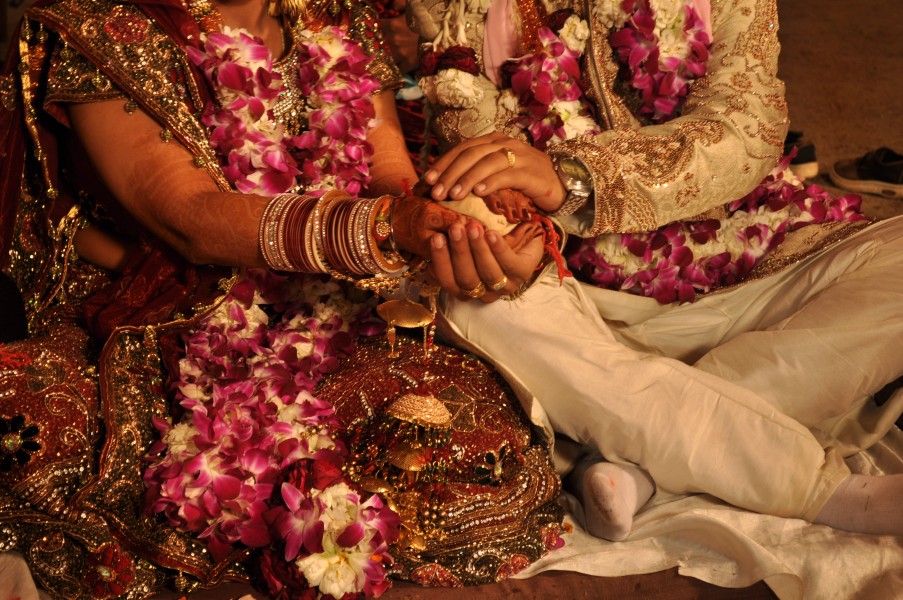
For desi Americans, our community’s values can play a big role in how we form romantic relationships. From an early age, girls are told that we are the pride of the family. If we do anything wrong, it reflects badly on our parents, especially when it comes to romantic relationships.
He has to meet an endless list of criteria – he must be from the specific region of India your family is from, he must observe the same religion and be from the same caste as you. If a brown girl broke those norms, her parents would be ridiculed by their peers. I have heard stories while growing up about girls running off with guys from different ethnicities. My parents told me they would disown me if I ever did that.
Growing up, romantic relationships never held much importance for me. I was always immersed in academics and volunteering. I observed the trials and tribulations of my friends’ relationships, and never thought it was worth my time. I’ve always been mature for my age, and I didn’t think I would meet anyone as driven or focused as I was, while in high school. Most of my male classmates were superficial, and my passion for academics combined with my goody-two-shoes attitude didn’t attract their attention.
The summer before I started college, my dad sat me down to discuss relationships, something virtually unheard of in the Punjabi culture. He said he knew I would be talking to guys and would eventually want to have a boyfriend, but he wanted me to “keep it in the community.” When I asked him what that meant, he said the boy must be Punjabi, Sikh and Jatt. If he didn’t meet the criteria, I shouldn’t even consider dating him. My dad’s family is very traditional in their beliefs, and I knew I couldn’t disappoint them. This kind of strict dating protocols generally apply to all desis.
Fast-forward to my sophomore year of college – I joined some organizations at school, and I met someone. He was super sweet, and as an added bonus, he met the “PSJ criteria.” I felt like we really connected, but eventually his messages became infrequent. When I talked to him, I felt out of my element. I always initiated our conversations, I made small gestures of affection, and he never reciprocated. The only time I got a response out of him was when he needed help with something. I would constantly second-guess myself, and I began to feel like I was wasting my time on the relationship.
Like most girls with a crush, I went to my girlfriends for advice. My friend Kelly told me that I should stop settling. She asked me what positive things I had to say about him, and I told her he was Sikh, Punjabi and Jatt, a perfect fit for my dating criteria. Kelly told me these traits were social constructs, and it was clear to her that I wasn’t happy. She asked me what was more important, being with someone who met the PSJ criteria or being with someone who made me feel amazing about myself? I was totally caught off guard.
I realized that I liked my crush for all the wrong reasons. The ideas my parents instilled in me throughout my whole life were proven wrong. My crush was perfect for me in the eyes of Punjabi society, but we had no other commonalities. I was living in an illusion that society’s acceptance of my significant other was the ultimate deciding factor in my happiness. If there’s one thing I’ve learned from this experience, it’s that someone’s religion, caste, or race shouldn’t be what makes them good for you. What matters is the way they make you feel. That’s what makes a guy the best choice for you.
Jasleen Kaur Dhillon is a pseudonym. The writer has chosen to stay anonymous as this may be considered a sensitive issue and could lead to discord within her family.




